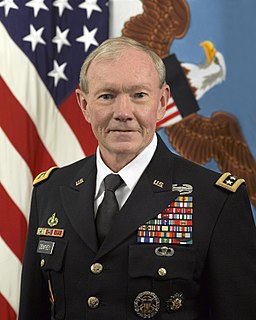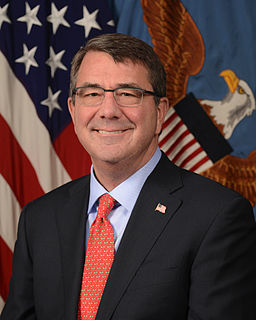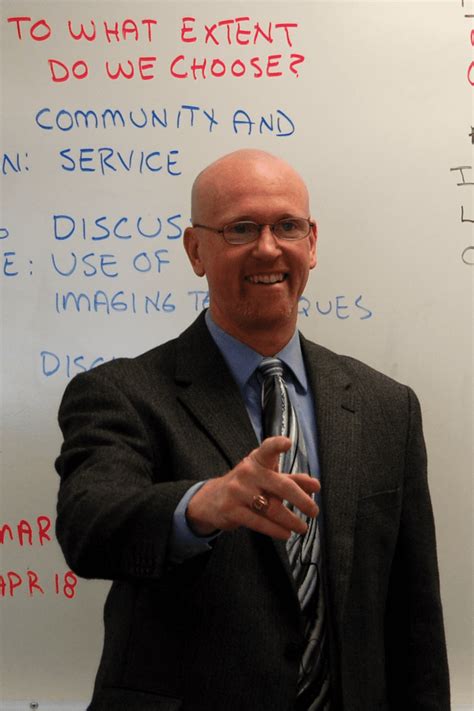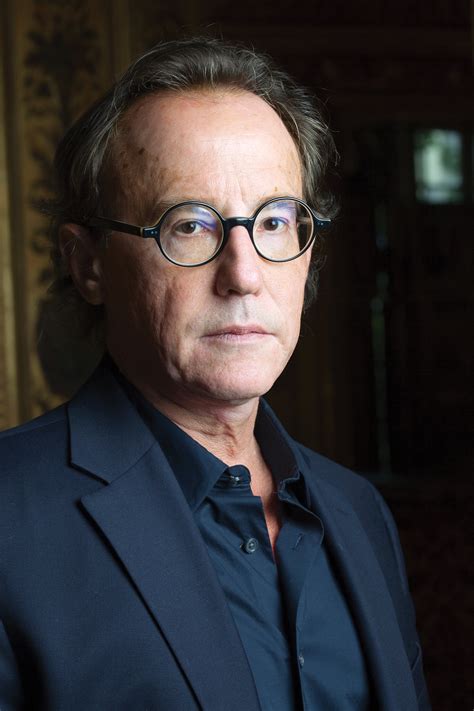A Quote by Greg Gutfeld
The world understands that our country could solve all conflicts with military solutions, but we won't because we have leaders and we have a moral responsibility but we have also have a political - we have a political leader who is scared and who is raised on the idea that American force is the true evil.
Related Quotes
As I travel around the world, it's fascinating; European leaders, Asian leaders, they all say to me, America is actually poised to be the world leader for another century - if we can fix some of this political dysfunction. ... We've got a lot of national security challenges, but if we get our economy together, and if we can get our political system to work well, I am really confident about our future.
The intellectual and moral failures common to America's general officer corps in Vietnam and Iraq constitute a crisis in American generalship. Any explanation that fixes culpability on individuals is insufficient. No one leader, civilian or military, caused failure in Vietnam or Iraq. Different military and civilian leaders in the two conflicts produced similar results. In both conflicts, the general officer corps designed to advise policymakers, prepare forces and conduct operations failed to perform its intended functions.
We cannot be secure by limiting our liberties, as some of our political leaders are demanding, but only by expanding themWe should take our example not from the military and political leaders shouting 'retaliate' and 'war' but from the doctors and nurses and firemen and policemen who have been saving lives in the midst of mayhem, whose first thoughts are not violence, but healing, and not vengeance, but compassion.
There is no military solution to the war in Iraq. Our troops can help suppress the violence, but they cannot solve its root causes. And all the troops in the world won't be able to force Shia, Sunni, and Kurd to sit down at a table, resolve their differences, and forge a lasting peace. In fact, adding more troops will only push this political settlement further and further into the future, as it tells the Iraqis that no matter how much of a mess they make, the American military will always be there to clean it up.
It's time for political leaders across the ideological spectrum to realize that, while partisanship is understandable, hyper-partisanship is destructive to our country. We need more visionary leaders who will earnestly strive for bipartisanship and finding policy solutions that can move America forward.
Political realism is aware of the moral significance of political action. It is also aware of the ineluctable tension between the moral command and the requirements of successful political action. And it is unwilling to gloss over and obliterate that tension and thus to obfuscate both the moral and the political issue by making it appear as though the stark facts of politics were morally more satisfying than they actually are, and the moral law less exacting than it actually is.
The American president increasingly used his influence to create conflicts, intensify existing conflicts, and, above all, to keep conflicts from being resolved peacefully. For years this man looked for a dispute anywhere in the world, but preferably in Europe, that he could use to create political entanglements with American economic obligations to one of the contending sides, which would then steadily involve America in the conflict and thus divert attention from his own confused domestic economic policies.
There was a time when conservative intellectuals raised the level of American public debate and helped to keep it sober. Those days are gone. As for political judgment, the promotion of Sarah Palin as a possible world leader speaks for itself. The Republican Party and the political right will survive, but the conservative intellectual tradition is already dead. And all of us, even liberals like myself, are poorer for it.


































